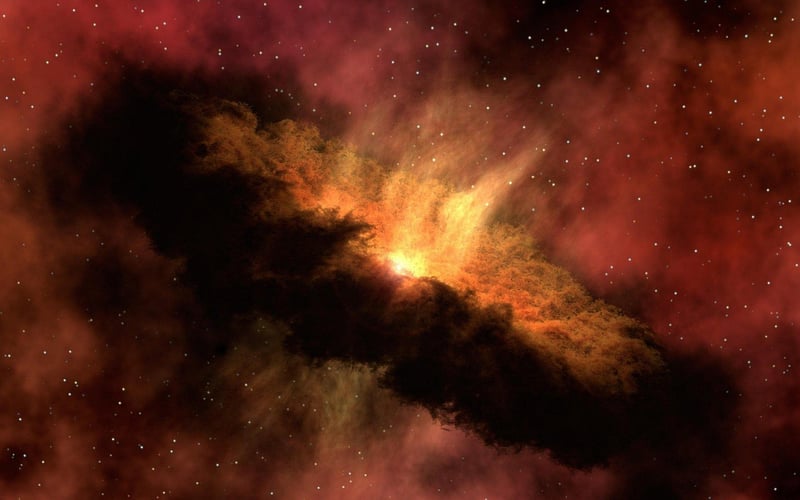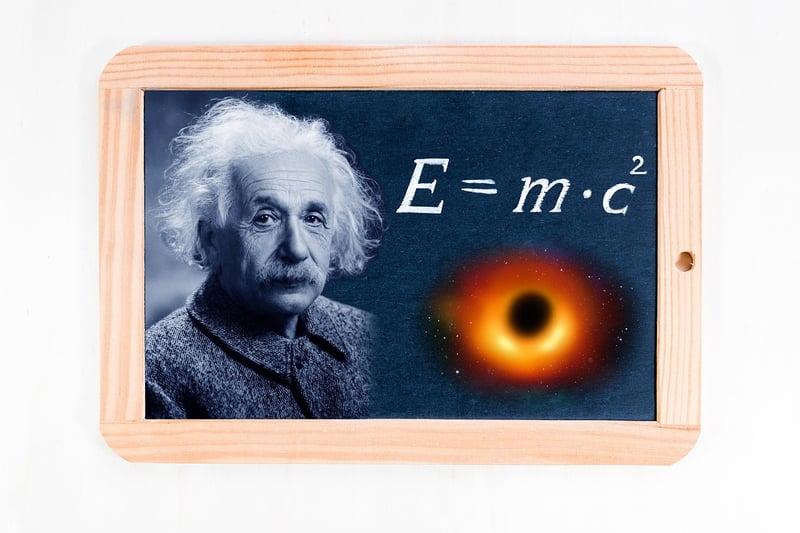Black Hole Theories
Exploring the Unknown: Unraveling the Mysteries of Black Holes
Black holes have captured the imagination of scientists and the public alike for decades. These enigmatic cosmic entities, with their powerful gravitational pull and mysterious properties, continue to intrigue and puzzle researchers as they delve into the depths of space.
What is a Black Hole?
A black hole is a region in space where gravity is so strong that nothing, not even light, can escape its grasp. This phenomenon occurs when a massive star collapses under its gravity, forming a singularity with infinite density at its core.
How Do Black Holes Form?
Black holes can form through various processes, such as the gravitational collapse of massive stars, the collisions of neutron stars, or the mergers of black holes themselves. The event horizon, the point of no return around a black hole, marks the boundary beyond which escape is impossible.
Black Hole Theories
Scientists have proposed several theories to explain the behavior and properties of black holes. Some of the prominent theories include:
- Singularity: The idea that black holes contain a point of infinite density where the laws of physics break down.
- Event Horizon: The boundary surrounding a black hole beyond which nothing can escape.
- Hawking Radiation: The theoretical radiation emitted by black holes, leading to their eventual evaporation.
- Information Paradox: The debate surrounding the loss of information that enters a black hole, challenging the principles of quantum mechanics.
Current Research and Discoveries
Advancements in technology and observational techniques have allowed scientists to make groundbreaking discoveries about black holes. Recent studies have revealed:
- The first-ever image of a black hole's event horizon captured by the Event Horizon Telescope.
- The detection of gravitational waves produced by the collisions of black holes, confirming Einstein's theory of general relativity.
- The presence of supermassive black holes at the centers of galaxies, influencing their evolution and dynamics.
Exploring the Unknown
As researchers continue to explore the mysteries of black holes, new questions and challenges arise, pushing the boundaries of our understanding of the universe. The quest to unlock the secrets of these cosmic phenomena drives scientific curiosity and inspires awe and wonder about the vastness of space.

Join us on this captivating journey of discovery as we unravel the mysteries of black holes and venture into the unknown realms of the cosmos.
For more information on black holes and space exploration, visit NASA's official website.
